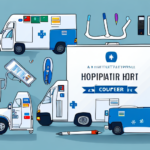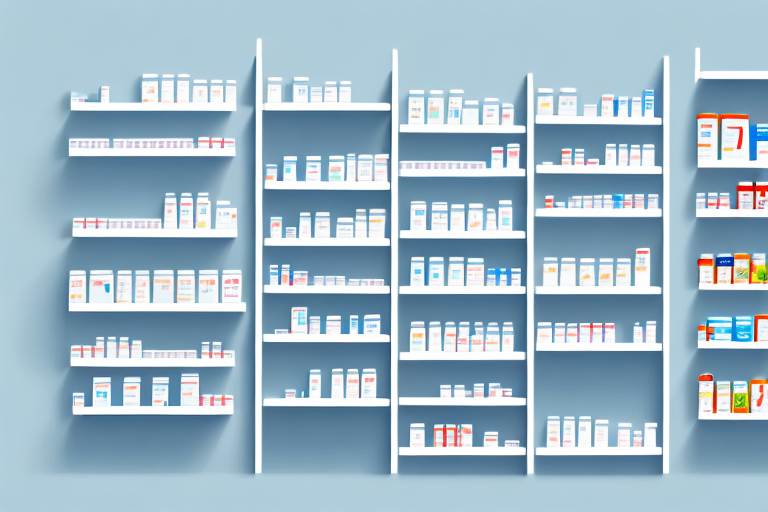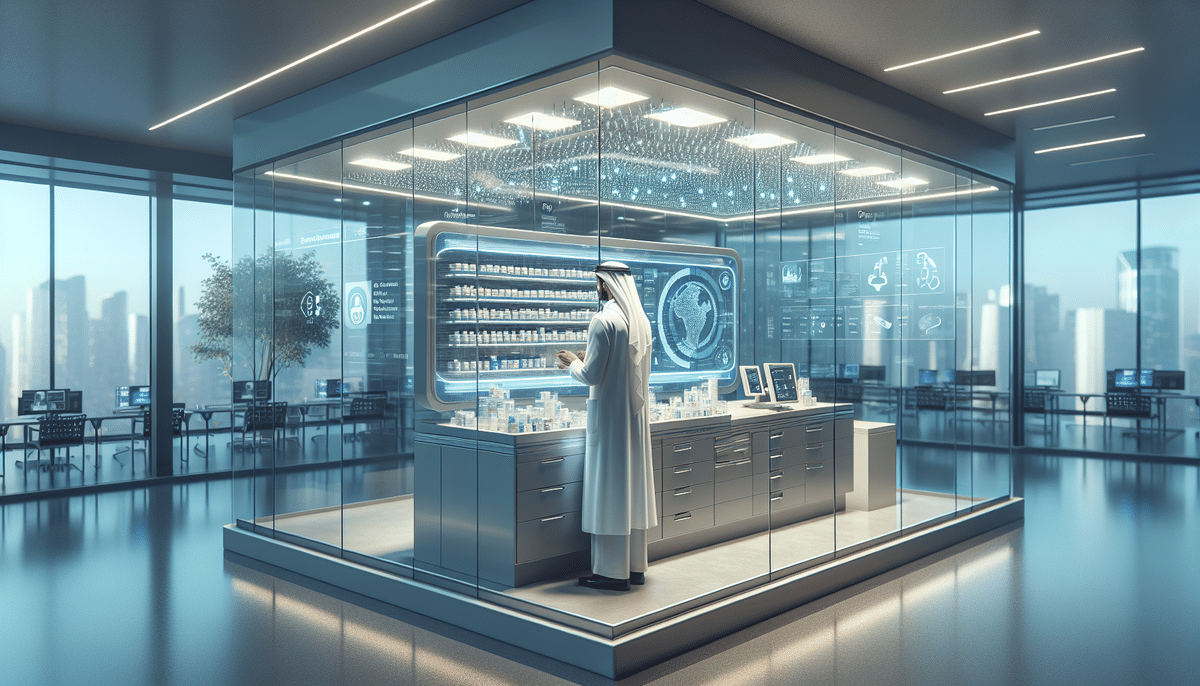The Critical Role of Medical Supplies Delivery Drivers in Healthcare
The delivery of essential medical supplies is a cornerstone of modern healthcare systems. Medical supplies delivery drivers ensure the safe and timely transportation of life-saving equipment, medications, and other critical items to hospitals, clinics, and other medical facilities. Their role is pivotal in maintaining the continuity and quality of patient care.
Importance of Safe and Efficient Delivery
Medical supplies delivery is more than just moving items from one location to another. It involves adhering to stringent safety protocols to protect the integrity of sensitive medical materials. Drivers must ensure proper handling, storage, and transportation to prevent contamination and maintain the efficacy of medical supplies.
According to a Health IT report, timely delivery of medical supplies can significantly reduce patient wait times and improve health outcomes.
Ensuring Timely and Accurate Deliveries
In medical emergencies, every second counts. Delivery drivers utilize advanced tracking systems and GPS technology to optimize routes and ensure supplies reach their destination promptly. Accurate deliveries are crucial to prevent delays in medical procedures and treatments.
Data from the Centers for Disease Control and Prevention highlights that efficient supply chain management can reduce hospital operational costs by up to 20%.
Challenges Faced by Medical Supplies Delivery Drivers
The role of a medical supplies delivery driver is demanding, requiring both physical endurance and mental resilience. Drivers often navigate through challenging terrains, adverse weather conditions, and face tight delivery schedules.
Physical and Mental Demands
Long working hours and the pressure to meet urgent delivery deadlines can lead to fatigue and stress. Additionally, handling heavy or sensitive equipment requires physical strength and dexterity.
Regulatory Compliance
Drivers must adhere to strict regulatory standards governing the transportation of medical supplies. This includes compliance with temperature control requirements for pharmaceuticals and hazardous materials handling protocols.
Refer to the Food and Drug Administration for detailed guidelines on medical supply transportation.
Impact on Patient Care and Healthcare Systems
Medical supplies delivery drivers play an indirect yet significant role in patient care. Their efficiency directly influences the operational effectiveness of healthcare facilities and the quality of patient outcomes.
Enhancing Patient Outcomes
Reliable delivery services ensure that critical supplies, such as medications and medical devices, are available when needed. This readiness can be the difference between life and death in emergency situations.
Economic Implications for Healthcare Providers
Efficient supply delivery systems help healthcare providers manage inventory more effectively, reducing waste and lowering operational costs. This economic efficiency allows for better allocation of resources towards patient care.
Studies from the National Center for Biotechnology Information demonstrate that optimized supply chains can lead to significant cost savings for hospitals.
The Evolving Demand and Future Trends in Medical Supply Delivery
The demand for medical supply delivery services continues to grow, driven by factors such as technological advancements, an aging population, and the ongoing impacts of global health crises like the COVID-19 pandemic.
Growing Demand Factors
The increasing complexity of medical supply chains and the need for specialized delivery services are contributing to the rising demand. Additionally, the expansion of healthcare facilities and the growth of telemedicine are fueling this trend.
Technological Innovations
Advancements in technology, including the use of drones and autonomous vehicles, are revolutionizing the medical supply delivery landscape. These technologies promise faster delivery times and greater efficiency.
For more information on autonomous delivery, visit U.S. Department of Transportation.
Sustainability and Environmental Considerations
There is a growing emphasis on sustainable practices within the medical supply delivery sector. Efforts to reduce carbon emissions and minimize environmental impact are leading to the adoption of eco-friendly delivery methods.
Training and Certifications for Medical Supply Delivery Drivers
Becoming a medical supply delivery driver requires specialized training and certifications to ensure compliance with industry standards and regulations.
Required Training Programs
Drivers must undergo training in safety protocols, proper handling of medical supplies, and the use of specialized equipment. This training ensures that drivers are equipped to handle the unique challenges of medical deliveries.
Certification Standards
Obtaining certifications from recognized bodies, such as the American Correctional Association, is often necessary. These certifications validate a driver's competency in managing and transporting medical supplies safely.
Risk Management and Communication Strategies
Effective risk management and communication are essential components of successful medical supply delivery operations.
Managing Delivery Risks
Healthcare facilities and delivery companies must implement robust risk management strategies. This includes identifying potential hazards, establishing contingency plans, and ensuring that drivers are trained to handle emergencies.
Importance of Effective Communication
Clear and efficient communication between drivers and healthcare providers is critical to ensuring that deliveries meet the required specifications and timelines. Real-time communication tools and feedback systems enhance coordination and address issues promptly.
Conclusion
Medical supplies delivery drivers are integral to the healthcare delivery system, ensuring that essential materials reach their destinations safely and promptly. Their role supports the operational efficiency of healthcare facilities and positively impacts patient care and outcomes. As the demand for medical supply delivery services grows, investing in training, technology, and sustainable practices will be crucial in meeting future healthcare challenges.




















